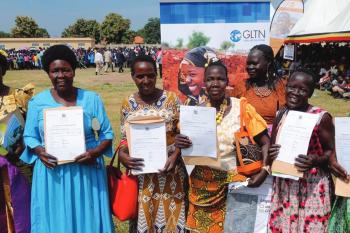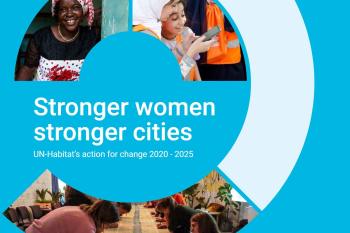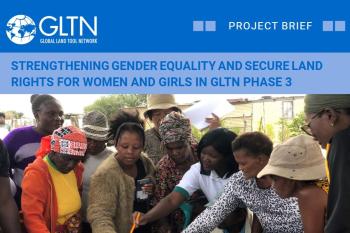
Read More
Gender Strategy for Land-at-Scale Uganda
Women’s Land Rights (WLRs) are fundamental human rights, foundational to gender equality and women’s dignity and instrumental in improving food security, effective climate action, poverty eradicati

The purpose of this analysis is to examine why and how land conflicts develop and the effectiveness of different dispute resolution methodologies in resolving land conflicts. Insights developed through this analysis will be used to evaluate the effectiveness of the NRC’s Information, Counseling and Legal Assistance project in Liberia and disseminated to inform the design and development of similar land and property dispute resolution programmes elsewhere in the world.
The analysis proceeds as follows: the next section explains the methodologies used to gather the data analysed in this report. The third section analyses qualitative data gathered as part of an evaluation exercise conducted by the NRC prior to extending its land dispute resolution project into Lofa County. The fourth section analyses the quantitative data collected as part of the PEACE survey, and the final section summarises key conclusions drawn from the analysis.

Women’s Land Rights (WLRs) are fundamental human rights, foundational to gender equality and women’s dignity and instrumental in improving food security, effective climate action, poverty eradicati

This publication presents a summary of UN-Habitat’s gender equality impact over the past five years, in line with the Beijing reporting cycle.

GLTN’s institutional commitment to gender equality and secure land rights for women and girls has been at the core of its work since inception in 2006.